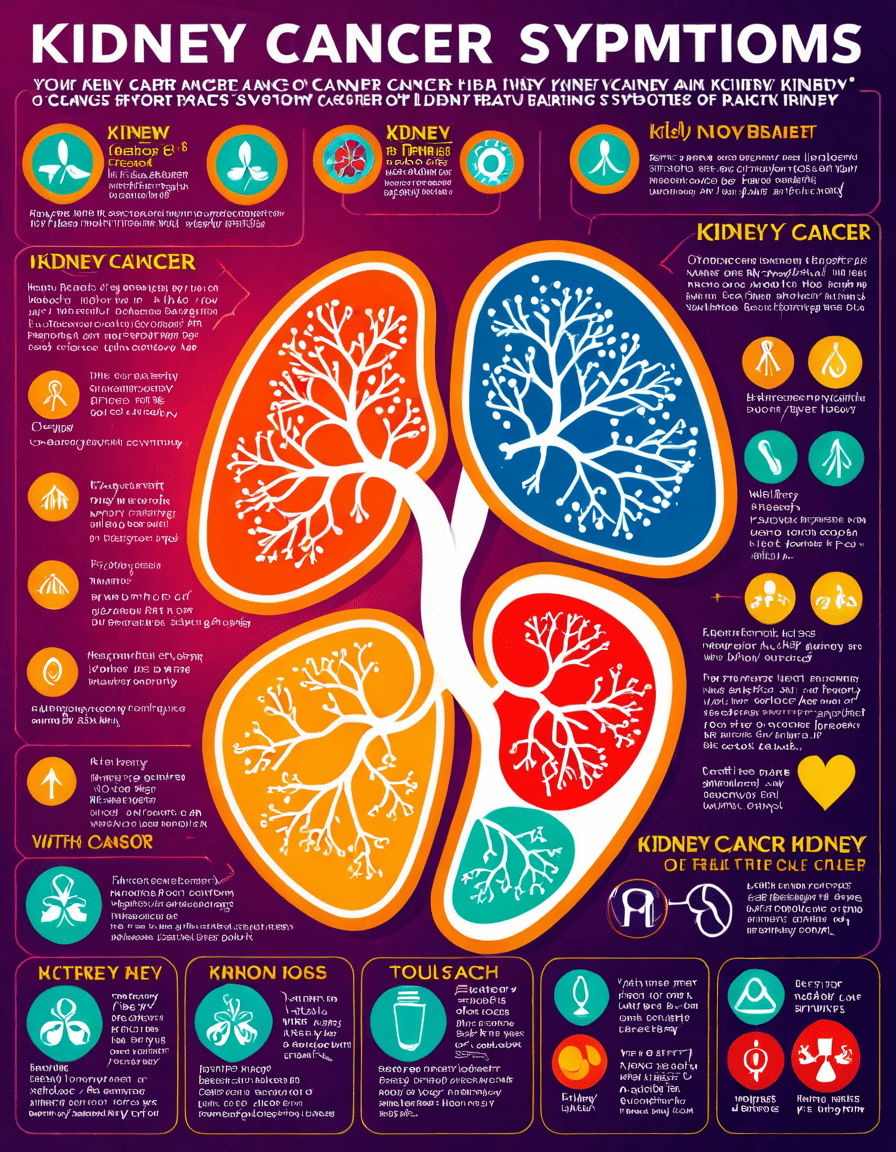So you might be asking, what is polygamy? In a nutshell, it’s the practice of marrying more than one partner at the same time. While monogamy—the traditional one-partner approach—rules the day in many cultures, polygamy shows up in different flavors: notably polygyny, where one man has multiple wives, and polyandry, where one woman has multiple husbands. Cities and communities across the globe, from parts of Africa to the Middle East and even among certain groups in the United States like the Fundamentalist Church of Jesus Christ of Latter-Day Saints (FLDS), showcase diverse customs surrounding these relationships. But before we dive deeper, it’s vital to understand that the reasons behind polygamous unions often tie back to cultural heritage, economic stability, and religious beliefs. And boy, does that stir the pot of controversy!

Top 5 Reasons Why Polygamy Remains Controversial
It’s no secret that cultural context shapes how we view relationships. In the West, polygamy often faces heavy criticism, with many perceiving it as outdated and bound to patriarchal norms. Yet in countries like Rwanda, polygamous marriages aren’t just accepted; they’re celebrated, seen as a means to create strong family ties and networks. When you boil it down, these viewpoints reflect a clash between progressive ideals and traditional practices.
An intriguing aspect of the controversy surrounding what is polygamy lies in its legal implications. Jurisdictions differ vastly, with some, like South Africa, recognizing polygamous marriages under customary law. This raises crucial questions. Are rights equitably distributed among spouses? In disputes around inheritance and custody, often the answer is a resounding “no.” The legal frameworks in place often benefit one spouse disproportionately, fueling debates and driving the need for reform.
Diving into the gender dynamics of polygamous arrangements often leads to some heavy conversations. Critics argue that polygamy can promote gender inequality, particularly in societies with strict traditions regarding women’s roles. Take, for example, certain Islamic cultures practicing polygyny. With intricate power dynamics at play, women may find their rights limited or stripped away altogether. The resulting backlash often comes from feminists and social activists, who spotlight these instances as reflections of patriarchal control.
As we explore what is polygamy, there’s another layer to consider: sexual orientation. Enter the pansexual folks—those attracted to individuals regardless of gender. For them, relationships can easily enter into polygamous territory, confronting traditional marriage concepts head-on. This opens doors for discussions on relationships that embrace multiple partners while respectfully acknowledging someone’s asexuality—those who lack sexual attraction entirely. These nuances challenge standard definitions of love and commitment.
Polygamous setups not only affect families involved, but they ripple throughout society. From healthcare hurdles to education challenges, multiple spouses and children can complicate service delivery. Also, let’s talk about the emotional landscape. Jealousy, rivalry, and competition—all aspects that can tarnish relationships—are intrinsic to such arrangements, which raises queries about their long-term sustenance. Entering a polygamous union demands effective communication and conflict resolution skills that not everyone might possess.
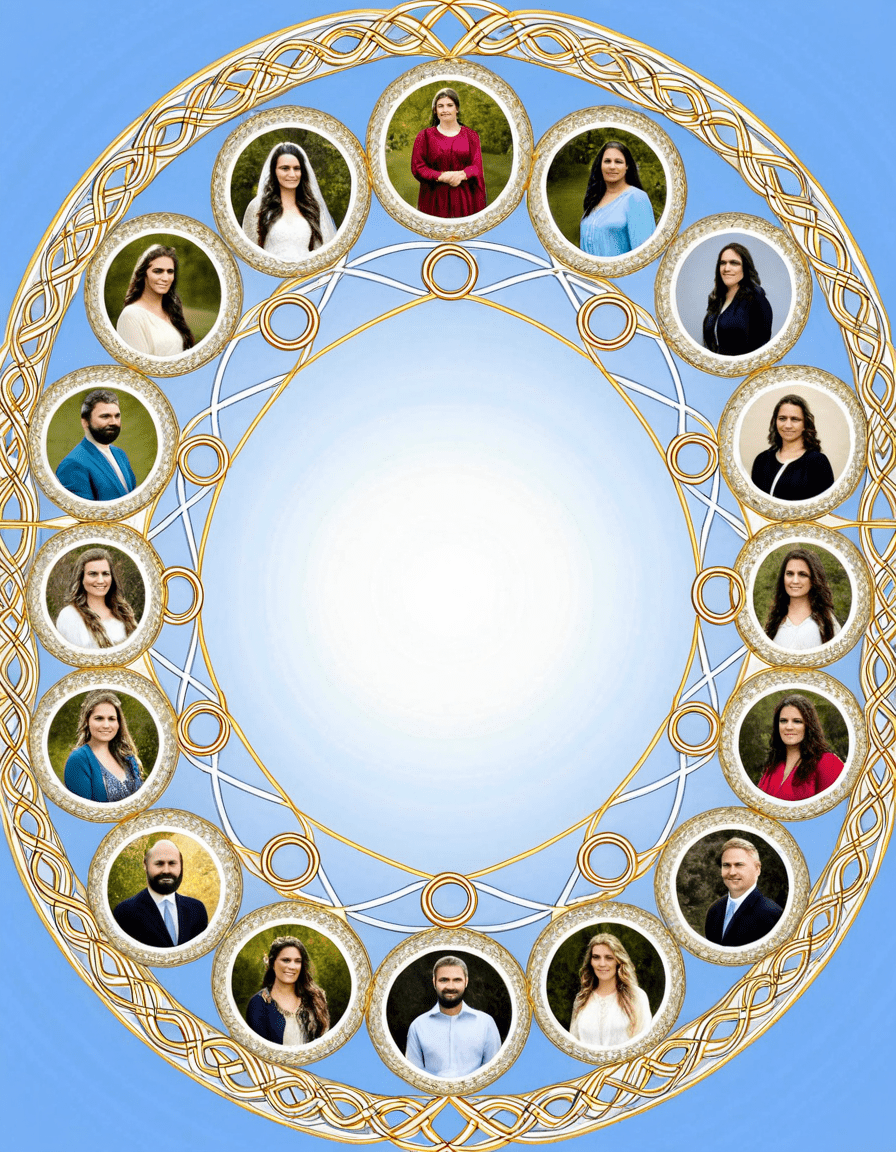
Related Concepts: Exploring Alternative Relationship Structures
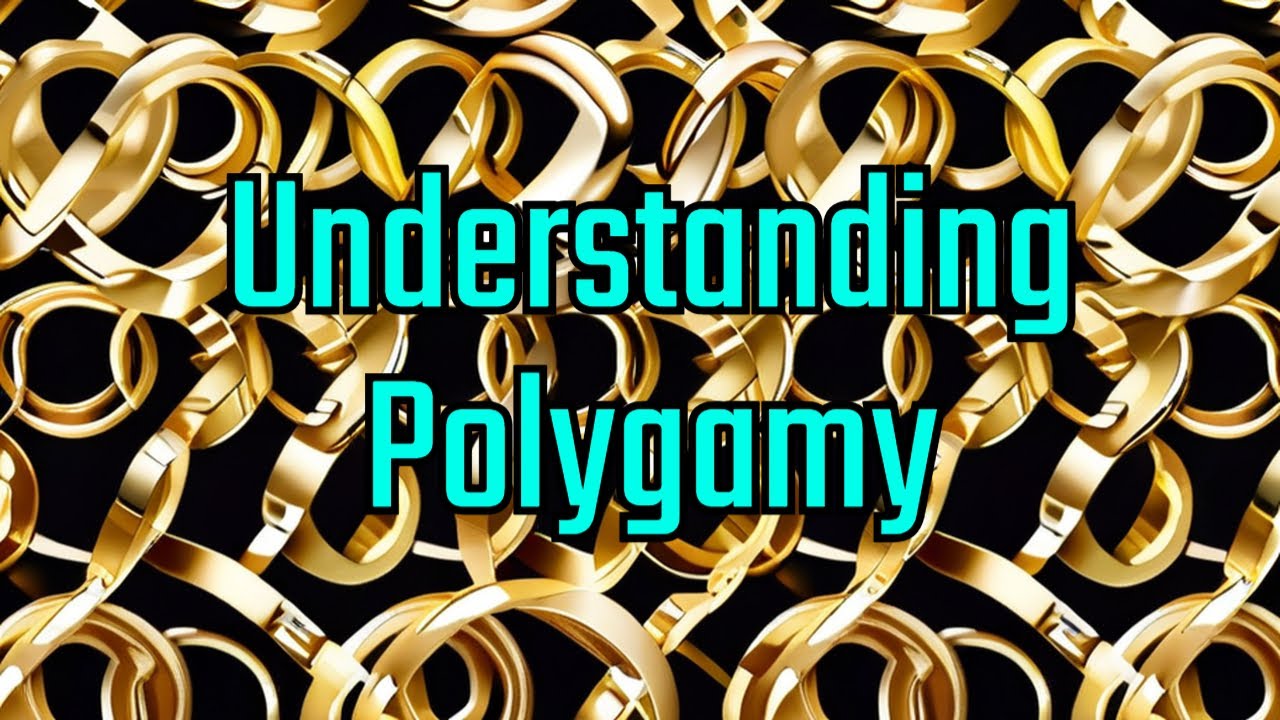
What Does Celibate Mean?
Talking about relationships wouldn’t be complete without mentioning what does celibate mean? Celibacy is all about not engaging in sexual relations, often as part of spiritual or personal beliefs. While many embracing polygamy celebrate their sexuality, celibacy serves as a crucial counterpoint, showcasing the diversity of ways people experience intimacy.
What Is Libido?
Libido—or sexual desire—is pivotal in shaping how relationships work. When we delve into polygamous relationships, varying levels of libido between partners can spark misunderstandings. Effective communication and negotiation are vital in these scenarios to ensure that all partners feel fulfilled and respected.
What Does Asexual Mean?
While polygamous relationships frequently anchor around sexual interactions, it’s crucial to recognize what does asexual mean? Asexual individuals may experience negligible sexual attraction. This awareness encourages conversations about connection beyond mere physical intimacy, exploring profound companionship and family ties based on love and mutual support.
What Is Voyeurism?
Now, let’s talk about what is voyeurism? This term describes the pleasure derived from observing others in a sexual context. In polygamous arrangements, some couples incorporate voyeuristic elements to deepen trust and intimacy. The interplay allows family dynamics to evolve, culminating in richer connections.
What Is Autosexual?
Switching gears, we arrive at what is autosexual? This term refers to individuals who find primary attraction to themselves. Such a focus can reshape one’s approach to intimacy, merging self-love with communal connections in polygamous setups.
What Is Pansexual?
Finally, let’s not overlook what is pansexual? This label encompasses attraction to people of all genders. The intersection of pansexuality and polygamy might challenge rigid definitions of romance. It fosters an expansive view on relationships, dismantling monolithic ideas about love and partnership.
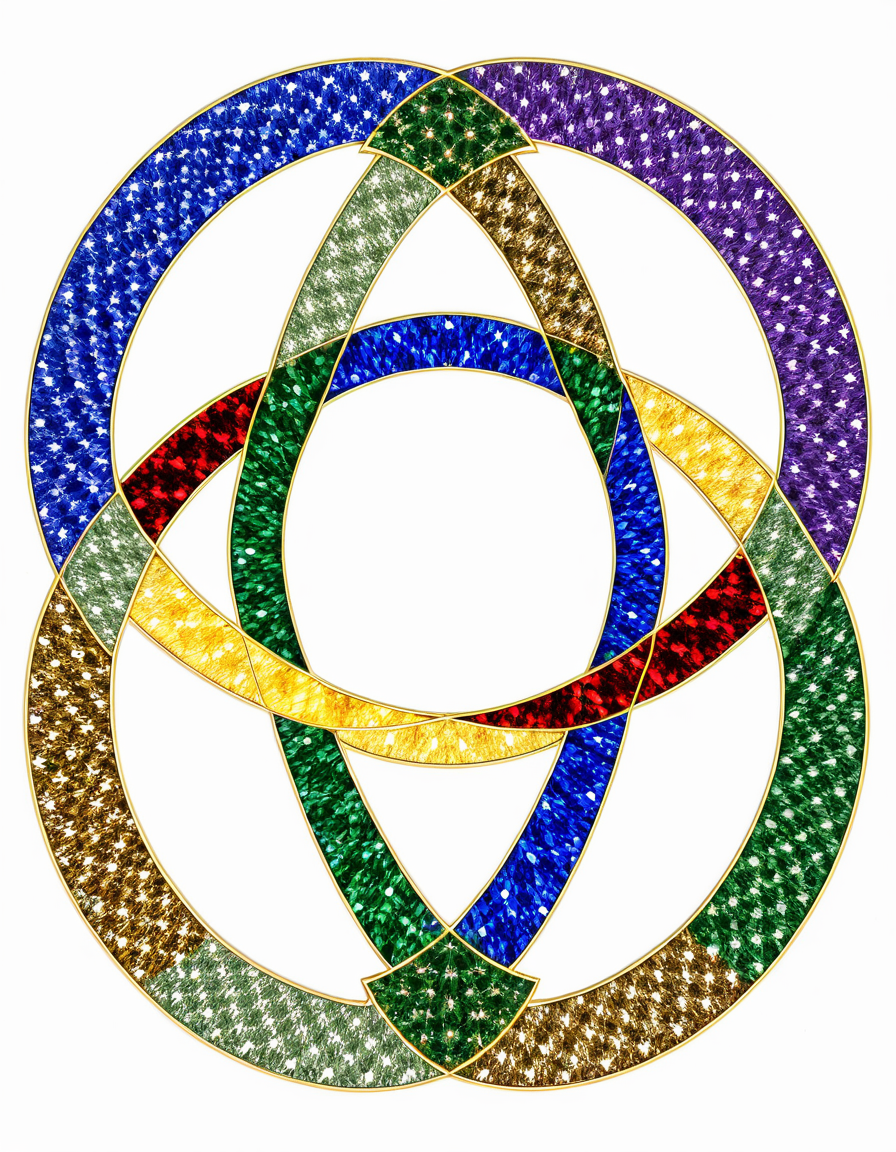
Summation: Navigating a Complex Landscape
Polygamy, painted with various hues across cultures and identities, evokes potent discussions. Understanding its various layers—cultural implications, legal frameworks, and the dynamics at play—invites us to engage empathetically with those who practice it. By enriching our knowledge of love and commitment in its myriad forms, we pave the way for inclusivity, respect, and a deeper appreciation of human relationships.
In a world craving connection and understanding, examining the complexities of polygamous structures isn’t just valuable; it’s imperative. As we challenge societal norms, we not only grow personally but also encourage acceptance and respect for diverse paths of love. Whether you’re lifting weights or lifting hearts, it’s about building connections—both in the gym and in life!
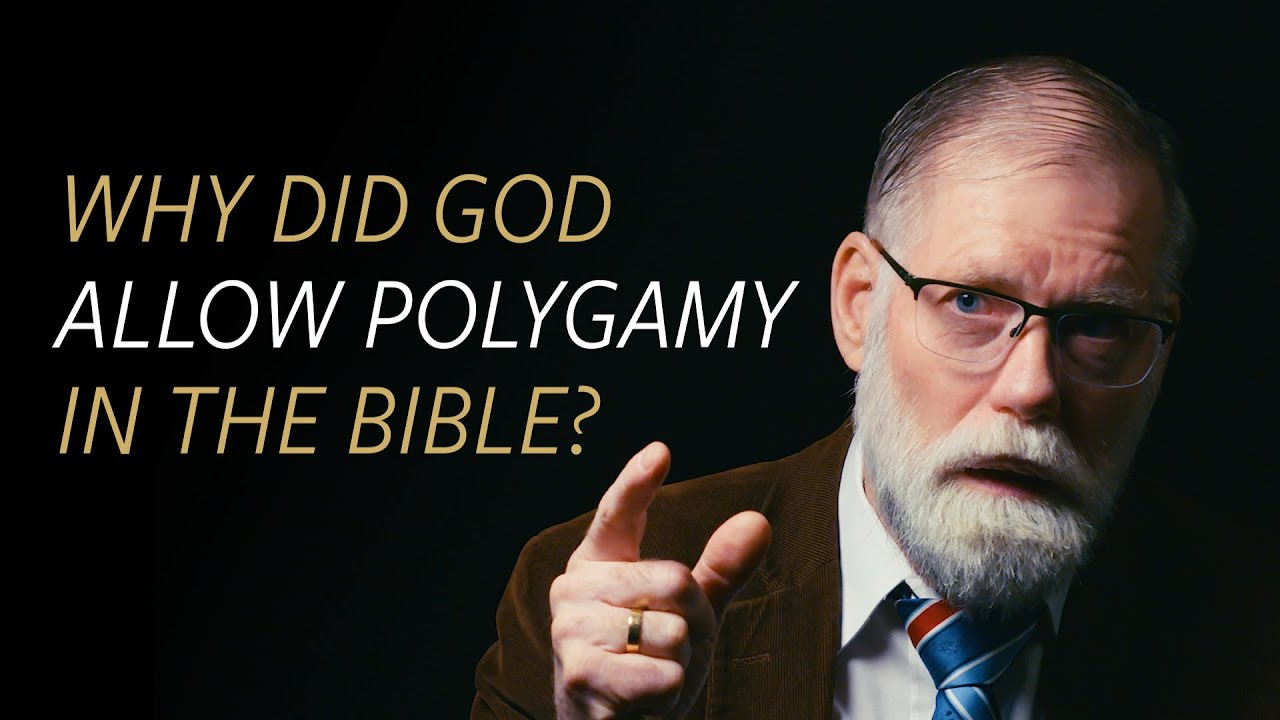
What Is Polygamy?
Polygamy is a term that describes the practice of having more than one spouse at the same time. Typically, it comes in two forms: polygyny, where one man has multiple wives, and polyandry, where one woman has multiple husbands. The practice has historical roots in various cultures and religions, being embraced in places like parts of Africa, the Middle East, and even in some communities in the United States. It’s interesting to note that while it may seem unusual to many, polygamy’s presence across time and geography highlights the diversity in marriage customs. For a little light-hearted contrast, think about how some folks react to polygamy versus how they might view famous love stories, like Bonnie And Clyde ‘s adventurous approach to life—even if it ended in tragedy.
The Controversies Surrounding Polygamy
Despite its historical prevalence, polygamy isn’t without its controversies. Many criticize it for potential issues such as unequal treatment of spouses and other social dynamics. Critics argue it can lead to imbalances in power and emotional frailty, similar to the feelings experienced in cases of postpartum hair loss that can occur in mothers due to stress. Additionally, some legal systems still view polygamy as a crime, creating further tensions between cultural practices and the law. Ironically, this contrasts sharply with how society celebrates diverse sexual orientations, like What Does pansexual mean and the spectrum of human relationships today.
Polygamy’s Cultural Signals
Cultural beliefs play a massive role in shaping opinions on polygamy. In many societies, a balance of wealth and social status can influence marriage choices drastically. Think about how different social contexts could invoke varying perspectives: for instance, people might have different reactions to Kenjiro Tsuda ‘s Acclaimed voice acting roles based on their own cultural backgrounds. That’s a clear illustration of how deeply rooted societal norms can affect perceptions of relationships, and polygamy is no exception! With contemporary shifts toward individual rights and gender equality, these notions are continually challenged, raising questions about the future of marital practices.
In summary, understanding what is polygamy is a journey full of twists, turns, and lessons from a kaleidoscope of cultures and experiences. Whether with a hint of humor, a sprinkle of trivia, or a serious discussion about its implications, exploring polygamy opens a rich dialogue about love, relationships, and societal norms we often take for granted. It may even lead you to contemplate the various roles relationships play in shaping our identities—in fact, many folks might find themselves engaging Peo in complex discussions over dinner parties!


















